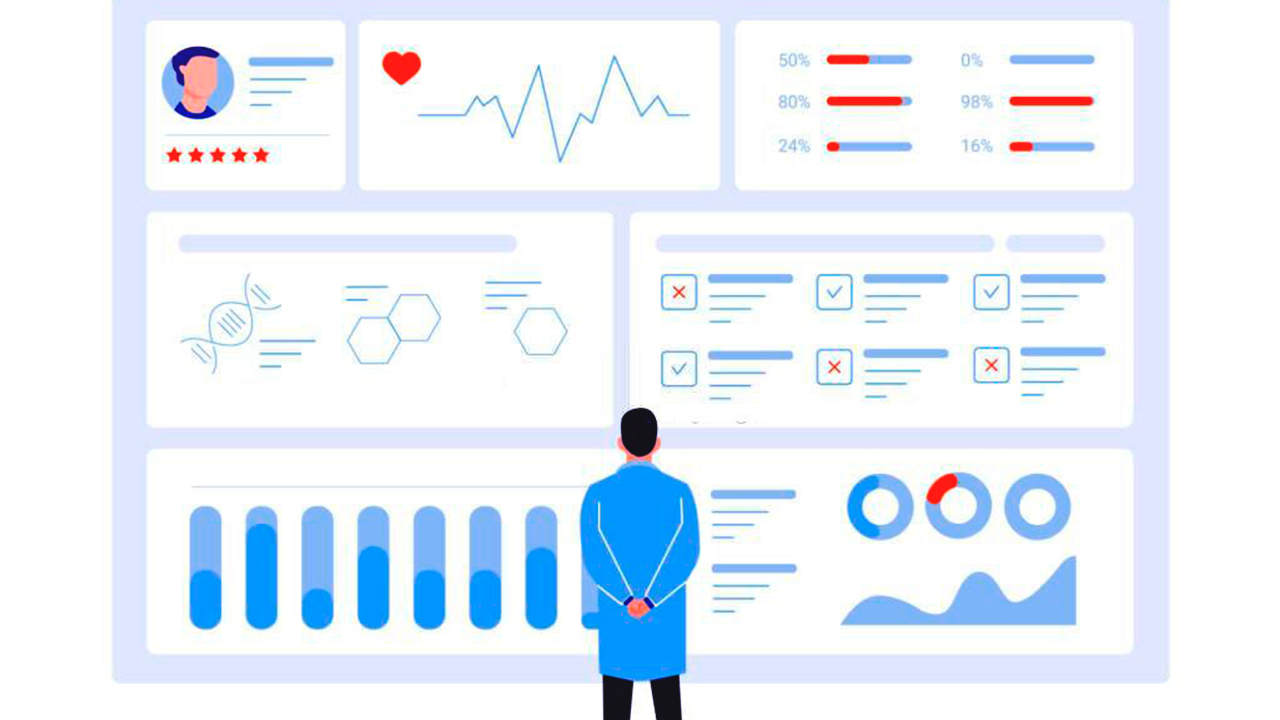Big data in healthcare refers to the collection, storage, and analysis of data by medical practitioners in order to better understand patients and give them more individualised care. Big data will have a significant impact on the healthcare industry as a result of the move to digitise records and the quick advancement of medical technology.
Machine learning, a component of artificial intelligence that depends on big data, is already helping physicians improve patient care. IBM with its Watson Health computer system has already partnered with the Mayo Clinic, CVS Health, the Memorial Sloan Kettering Cancer Center, and others.
Benefits:
Staff management - In hospitals, it is very important to manage staff as there are multiple shifts because hospitals work 24/7, and understaffing can affect the quality of services while overstaffing can result in increased costs. So, managing staff becomes easier with the digitalization of data.
Patient engagement - A big data set will contain all types of data, such as medical records of patients, and their prescriptions, and with the help of a wearable device, patient's daily tracking of heart rate, blood pressure, and temperature can be directly reported to a patient's profile.
Early prevention - Patients' medical histories and present-day reported vitals on big data can help doctors identify medical conditions that might have been missed before.
Error reduction - One of the biggest benefits of digitizing the data is reducing human error wherever possible. All the administrative tasks are important to running the hospital, and those are mostly handled manually, which results in errors. But this new technology will help reduce errors.
Cost reduction - Bringing this change to healthcare will save a lot of money. Probably, because it can handle the work of many people at a time and overstaffing can be reduced which ultimately reduces cost.
Connects patient with provider - Having all the data on one digital platform connects patients and providers. For example, patients can access healthcare providers, and after taking treatment, medicines can be ordered through the same platform, and payments can also be made from there.
Healthcare data analytics has the potential to reduce the costs of treatment, predict outbreaks of epidemics, avoid preventable diseases, and improve the quality of life in general.

 Big data has changed the way we manage, analyze, and leverage data in healthcare. Let's check how it has impacted the healthcare system.
Big data has changed the way we manage, analyze, and leverage data in healthcare. Let's check how it has impacted the healthcare system.









.jpeg)

.jpg)







.jpeg)



.jpg)


.jpg)




.jpg)


